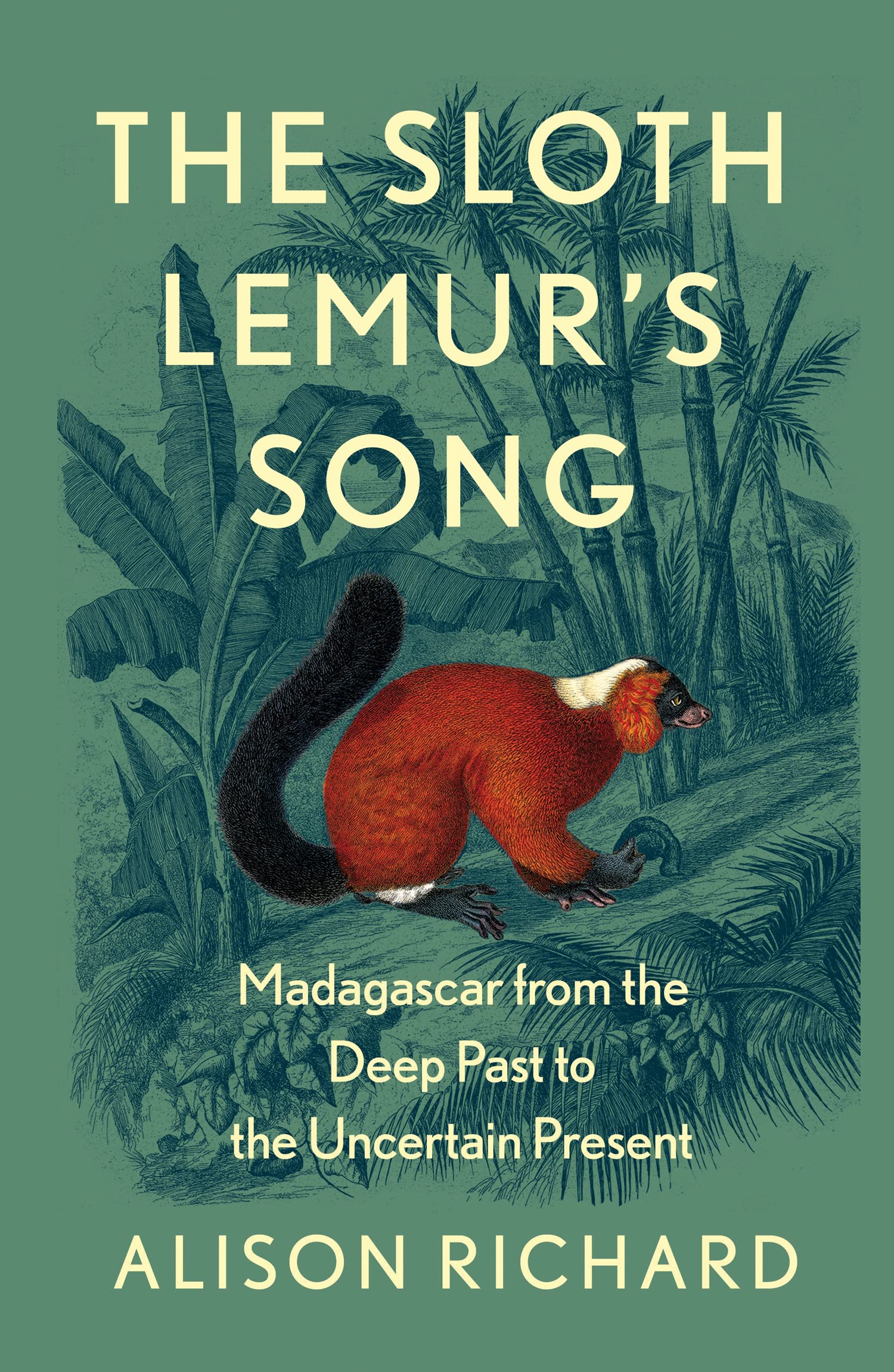
"By the end of the nineteenth century, the USDA (US Department of Agriculture) had recorded a total of 408 varieties of pea being grown commercially. By 1983 the number recorded was just 25, a loss of over 90 percent. This loss of genetic diversity is not unique to the pea. It is happening with all edible crops and poses an existential threat to human survival"This scenario is the backdrop to Adam Alexander's travels, searching the world for rare varieties of well known vegetables (from asparagus to zucchini), taking seeds home to grow and share, both to enjoy and to preserve them for the future.
The Seed Detective takes us on a journey starting from when humanity lived as hunter-gatherers up to the present day. Each chapter focuses on a different vegetable and shares the stories of how they became popular, widespread and, on the commercial level, so uniform. Luckily across the world, the author has managed to find wonderful heritage varieties of all these crops and outlines how these varieties are being preserved as well as doing his own bit towards their preservation by collecting and saving their seeds.
The book looks at various issues around each vegetable. Just taking one example, in Roman times, the Emperor Augustus had a special fleet of ships that carried asparagus around the Mediterranean Sea. Asparagus has been grown in the sourth east of England since the eighteenth century where the soils and weather are ideal for it, however, in Peru where farmers were encouraged to grow asparagus to divert them away from coca (grown to make cocaine) the vegetable is causing drought due to its high demand for water.
There are many fascinating snippets here: did you know that there is archaeological evidence for pop-corn dating bac 3,500 years?
Throughout the book, Alexander underlines the importance of seed saving - he's an avid collector himself, with 70 varieties of tomatoes in his collection. You can view his seed collection on his website here.
Seed saving allows rare varieties to be preserved, ensures stocks of seeds in case of poor harvests and allows crops to adapt to local conditions. Heritage crops are often more resistant to disease and almost always have more taste than commercially grown varieties.
This is a fascinating book is a plea to preserve all the wonderful heritage varieties of vegetables and is essential reading for anyone interested in botany or the history of our food.
The Seed Detective by Adam Alexander, published (2022) by Chelsea Green Publishing.
**
My latest Substack post is all about winter wildlife. You can read it here.
**
And some excellent news for Swifts in Scotland, "all new
buildings over a certain size must include ‘swift bricks’ as part of
their design", a change secured by the Scottish Green Party. read more here.


















